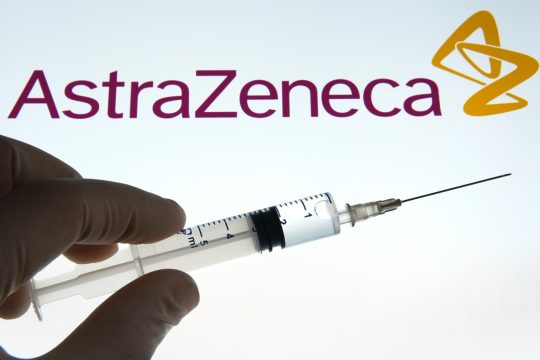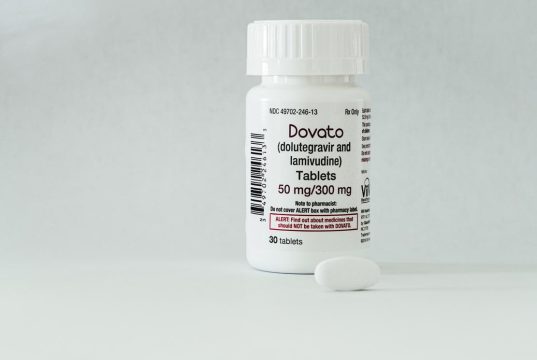Advertisment
ADA 2014 Report: National guidelines for lipids and blood pressure

National guidelines for lipids and blood pressure are likely to be a focus of attention at this year’s meeting of the American Diabetes Association.
Although there are no major landmark data being presented at the meeting, the debate around these new guidance’s continues to flare, especially with regard to its relevance to diabetic patients, according to Robert Ratner, MD, chief scientific and medical officer for the ADA.
During a symposium, two experts will discuss whether the ACC/AHA lipid guidelines are appropriate for diabetic patients: Robert Eckel, MD, of University of Colorado, charges that all patients should be on statins, while Henry, of Columbia University, argues those rules may not apply to diabetics.
Ratner explained that the new recommendations champion statins-for-all and do not put hard targets on lipid control, with the main question being whether to give high- or low-dose statins. But there are several issues in diabetes that require a bit more nuance, such as whether there should be different recommendations for those with type 1 and type 2 diabetes, as well as taking into account the role of non-HDL cholesterol in diabetes.
“Non-HDL tends to be a more important factor in diabetes than it is in nondiabetics,” Ratner told Reporters. “In metabolic syndrome and diabetes, triglycerides tend to be elevated. … If you don’t deal with triglycerides, you’re not changing the atherogenicity of LDL and you’re not improving HDL, which is anti-atherogenic.”
Experts in diabetes have also raised the issue of whether they should diverge from recentblood pressure guidelines put forward by the group formerly recognized as JNC8.
For diabetics, the new guidance recommends achieving a blood pressure value of 140/90, but Ratner said most experts in the field recommend hitting a tighter target of 140/80.
“We feel experimental data support a lower diastolic value of 80 mm Hg specifically in the diabetic population,” Ratner said.
He added that the experts who publish the ADA standards of care, which are issued each January, will be considering whether to alter current recommendations on blood pressure and lipids to bring them more in line with the JNC8 and ACC/AHA guidances for the next edition.
New Targets for Type 1 Kids
The ADA will also release its new guidance on HbA1c targets for kids with type 1 diabetes, in an effort to bring them more in line with international recommendations, Ratner said.
The organization is lowering the target recommendations to reflect the most current scientific evidence, he told Reporters.
“In the U.S., we had differential HbA1c recommendations for very young kids versus adolescents versus teens versus adults,” Ratner said, “but the data no longer support that.”
Talking About Major Trials
The value of glucose control in preventing cardiovascular disease will again be a major topic of discussion, and will center on conflicting results from various trials.
“This has been a contentious issue, where data from ACCORD, ADVANCE, and VADT suggest that if you start late, there’s no value,” Ratner explained. “But DCCT/EDIC and UKPDS suggest if you start early, there is enormous benefit in terms of macrovascular disease.”
Researchers will also be presenting long-term follow-up data from the Diabetes Prevention Program.
Tuesday Morning Late-Breakers
In a major break from previous years, there are few studies of novel therapeutics in this year’s presidential oral session, which kicks off Tuesday morning, the last day of the meeting.
Ratner describes this year’s crop as a “wide distribution” — ranging from the impact of depression in diabetes on mortality to the role of walkability in a community and its effects on diabetes risk.
There are also presentations on LDL cholesterol not being a good marker of cardiovascular risk in type 1 diabetes, FTO genetic variants and their impact on obesity, and a phase III trial of islet cell transplantation in type 1 diabetes.





